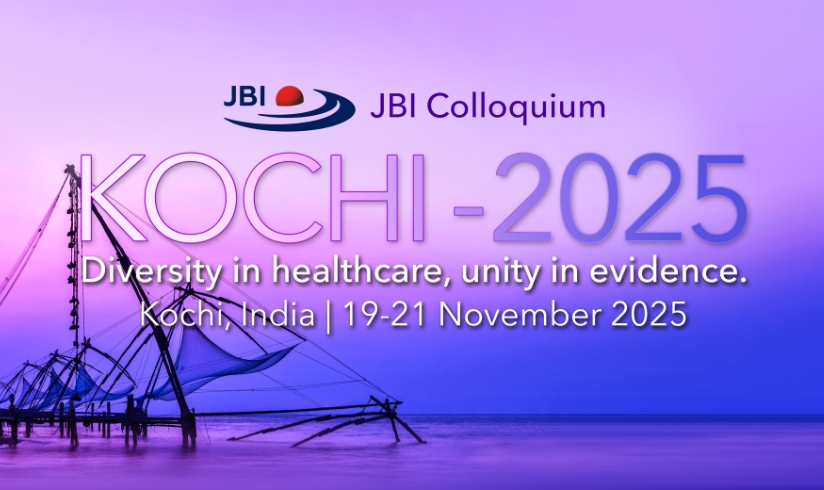

PROGRAM DOMAINS
The overarching program theme, Diversity in healthcare | Unity in evidence, emphasises the strengths of embracing diverse, culturally relevant healthcare policies, practices, and perspectives guided by robust evidence to foster inclusivity.
By recognising and integrating cultural, social, and technological diversity and promoting a collaborative environment, we can drive innovation and develop adaptable, evidence-based practices.
Traditional medicine1 and evidence-based healthcare integration
This program domain highlights Southeast Asia’s unique approach to healthcare, where traditional medicine coexists with modern advancements. A key barrier to enabling access to safe and quality traditional medicine services, including through integration into national health systems, is insufficient scientific knowledge on the safety and efficacy of products and practices. A stronger evidence base will enable countries to develop appropriate mechanisms and policy guidance for regulation, quality control and monitoring of traditional medicine practices, practitioners and products in accordance with national contexts and priorities.
1 The term “traditional medicine” here refers to traditional, complementary, integrative medicine/health and well-being systems.
Embracing diversity in healthcare: challenges and innovations
In an increasingly diverse world, healthcare systems must address the complexities of providing equitable care to all populations. This program domain explores the challenges and innovations in fostering diversity within healthcare, focusing on evidence-based approaches to overcoming health inequities and resulting disparities. Key discussions will centre on building inclusive healthcare teams, enhancing cultural competence, promoting patient- centred care for marginalised communities.
Evidence-informed policy and guidelines for strengthening inclusive health systems
Evidence-informed policies and guidelines are critical in strengthening and shaping inclusive, equitable health systems. The program domain will primarily focus on the methodology, evidence creation, and implementation science that underpin guideline/policy-making processes. It highlights the importance of developing policies and guidelines that are rooted in robust evidence while being sensitive to diverse populations’ cultural, social, and economic contexts. Discussions will centre on innovative approaches to policy-making, the integration of equity in guideline development, and the role of interprofessional collaboration in creating inclusive, sustainable healthcare systems.
Harnessing technology and AI for evidence-based healthcare
This domain explores the transformative role of technology and artificial intelligence (AI) in shaping the future of evidence-based healthcare. It covers the integration of AI in clinical decision-making, personalised medicine, and data-driven healthcare innovations. The focus extends to ethical considerations, transparency, and inclusivity in developing and using AI tools while also creating and adopting both new and traditional approaches. These innovations advance our collective ability to drive progress in more agile, inclusive, and responsive ways to meet society’s evolving needs and challenges. Additionally, opportunities to enhance evidence generation, synthesis, and implementation through technological advancements will be examined, along with strategies to ensure equitable access and application across diverse healthcare settings.
Prioritisation of health research: enhancing efficiency, collaboration and sustainability
Effective health research prioritisation is essential for strengthening healthcare systems, advancing the Sustainable Development Goals, and improving population health. This program domain will explore national, regional, and international initiatives to reduce research inefficiencies and prevent redundant efforts, with a strong emphasis on sustainability and collaboration. Key discussions will focus on identifying priority health issues, particularly in resource-limited settings, and optimising resource allocation to address the most pressing health needs. Collaboration between researchers, policymakers, healthcare providers, and other stakeholders will be central to enhancing efficiency and aligning research outcomes with diverse needs. This domain will also highlight the importance of fostering partnerships, avoiding duplication, and creating sustainable research practices that maximise the global impact of health research initiatives.